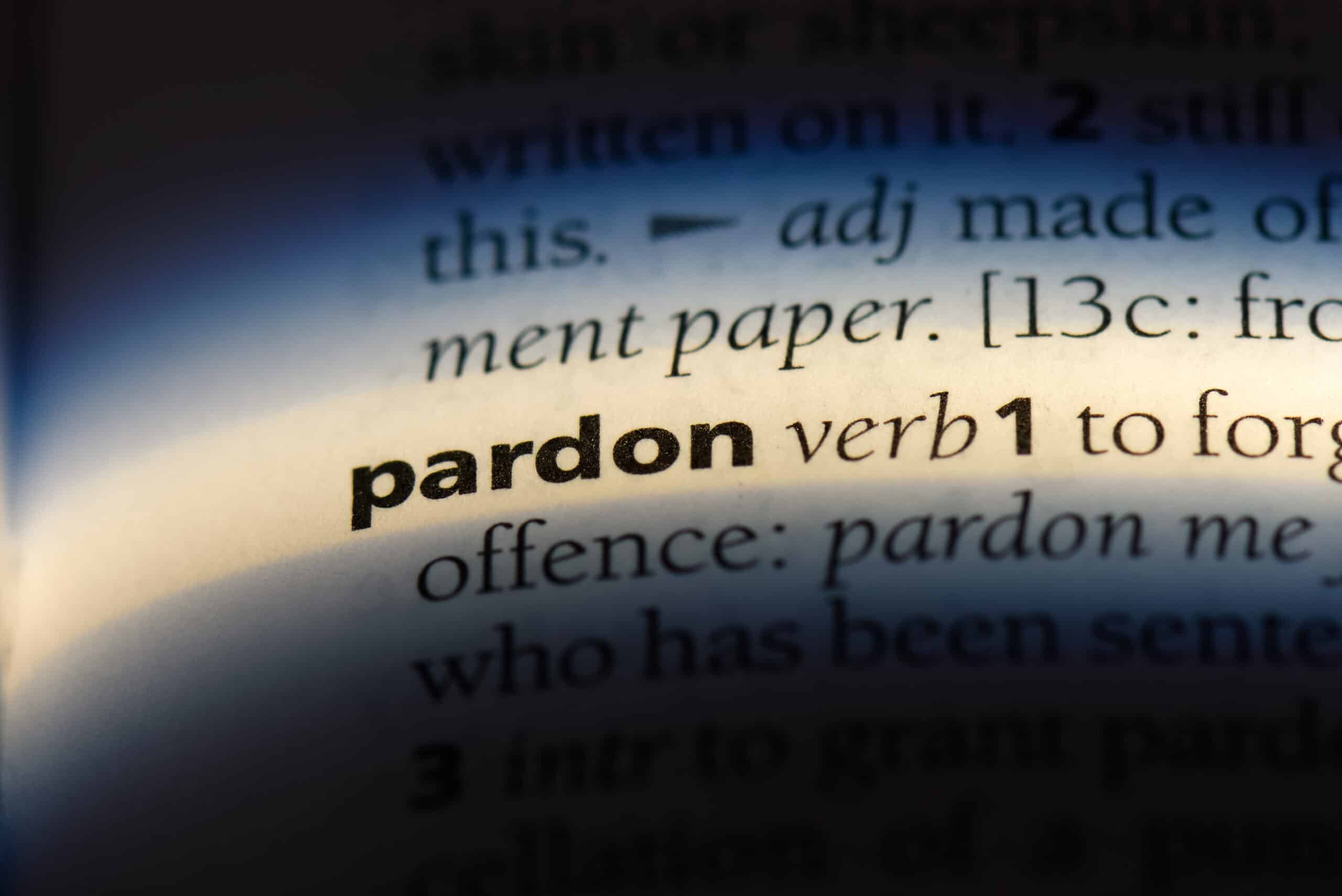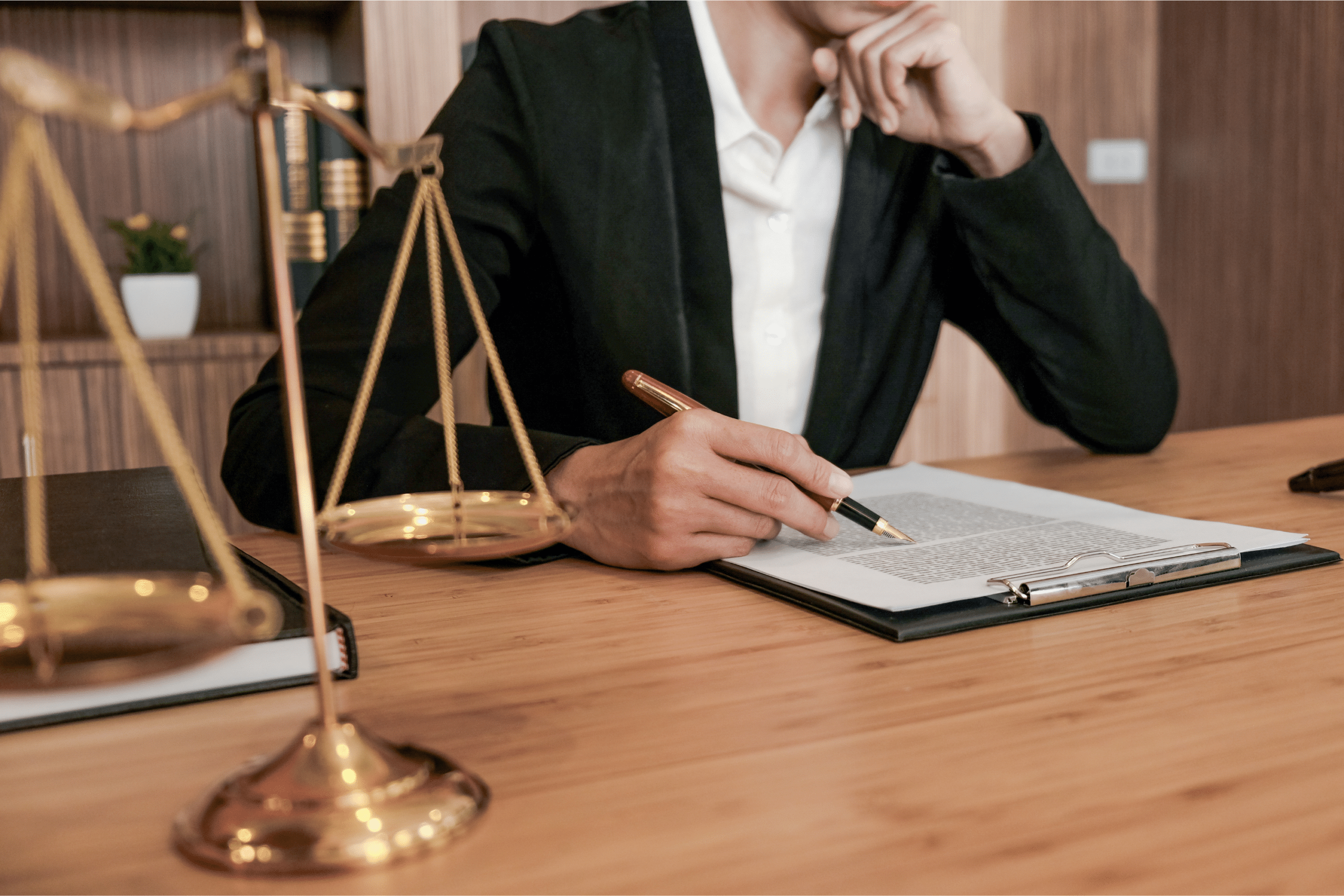Securing a pardon in Denver, Colorado, is a legal process that can offer individuals with a criminal record a fresh start and a chance at a brighter future. A pardon can provide relief from the lifelong consequences of a criminal conviction, such as limited employment opportunities and restricted civil rights.
In this comprehensive guide, we will walk you through the Denver pardon process, explaining the steps involved and the requirements you need to meet to increase your chances of obtaining a pardon.
Understanding Pardons
Before diving into the Denver pardon process, it’s essential to understand what a pardon is and what it can do for you. A pardon is an act of clemency granted by the Governor of Colorado, which forgives a person for their past criminal convictions. While it does not erase the conviction from your record, it can help remove certain legal disabilities associated with a criminal record.
Pardons can be granted for both felony and misdemeanor convictions, and they can have a significant impact on various aspects of your life, including employment, housing, and the restoration of certain civil rights. However, obtaining a pardon is not guaranteed, and the process can be lengthy and challenging.
The Denver Pardon Process
The process of securing a pardon in Denver involves several steps, each with its own set of requirements and considerations. Here is a breakdown of the key steps involved in the Denver pardon process.
Eligibility Determination
Before you can apply for a pardon in Denver, you must determine if you are eligible. Generally, you must have completed your sentence, including any probation or parole, and have maintained a clean record for a specific period after your conviction.

Eligibility requirements may vary depending on the nature of your conviction, so it’s crucial to consult with an attorney or research the specific requirements applicable to your case.
Obtaining a Pardon Application
The next step is to obtain a pardon application form from the Colorado Governor’s Office. You can request this form online or by contacting the office directly. The application form will require you to provide detailed information about your conviction, your life since the conviction, and the reasons you are seeking a pardon.Assembling Supporting Documentation
Along with the application, you will need to gather supporting documentation, such as character references, letters of recommendation, and evidence of your rehabilitation efforts. The more compelling and comprehensive your documentation, the better your chances of securing a pardon.
Filing the Application
Once you have completed the application and gathered all necessary documents, you can submit your pardon application to the Colorado Governor’s Office. Be prepared for a filing fee, which is typically required when submitting the application.
Background Investigation
After receiving your application, the Governor’s Office will conduct a thorough background investigation. This investigation will assess your current character, conduct, and the circumstances of your conviction. It is crucial to be honest and forthright during this process, as any discrepancies or omissions can negatively impact your application.
Public Notice
The next step involves public notice of your pardon application. This notice allows the public to comment on your request for a pardon. Public opinion and community support can influence the outcome of your application, so it’s essential to engage in your community positively.
Board of Parole Review
Your application will be reviewed by the Colorado Board of Parole, which will make a recommendation to the Governor. The Board’s recommendation is an essential factor in the pardon decision. During this stage, it’s crucial to have strong legal representation to advocate for your case.
Decision by the Governor
Ultimately, the Governor of Colorado has the authority to grant or deny a pardon. The Governor will consider all the information, including the Board’s recommendation, public comments, and your application. The Governor’s decision is final, and there is no appeal process for a denied pardon.
Securing a Pardon in Denver, Colorado
Filing & receiving a pardon is a complex and lengthy process that requires careful planning, patience, and dedication. While a pardon can provide significant relief for individuals with a criminal record, it is not guaranteed, and each case is evaluated on its merits.

If you are considering applying for a pardon in Denver, it is highly advisable to consult with an experienced attorney who can guide you through the process and help you present the strongest possible case. Additionally, active engagement in your community and a commitment to rehabilitation can positively influence the outcome of your pardon application.
Remember that obtaining a pardon is a privilege, not a right, and it is reserved for those who have genuinely demonstrated their commitment to rehabilitation and law-abiding life. By following the steps outlined in this guide and seeking professional legal assistance, you can increase your chances of securing a pardon and gaining a fresh start on the path to a brighter future.
About the Author:
Kimberly Diego is a criminal defense attorney in Denver practicing at The Law Office of Kimberly Diego. She obtained her undergraduate degree from Georgetown University and her law degree at the University of Colorado. She was named one of Super Lawyers’ “Rising Stars of 2012 & 2019-2022” and a “Top 100 Trial Lawyers in Colorado” for 2012-2022 by The National Trial Lawyers. Both honors are limited to a small percentage of practicing attorneys in each state. Additionally, Expertise names her to its lists of the 25 Best Denver DUI Lawyers and 21 Best Denver Criminal Defense Lawyers, both in 2020-2022. Ms. Diego has also been recognized for her work in domestic violence cases.





